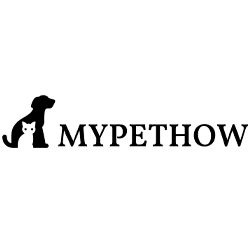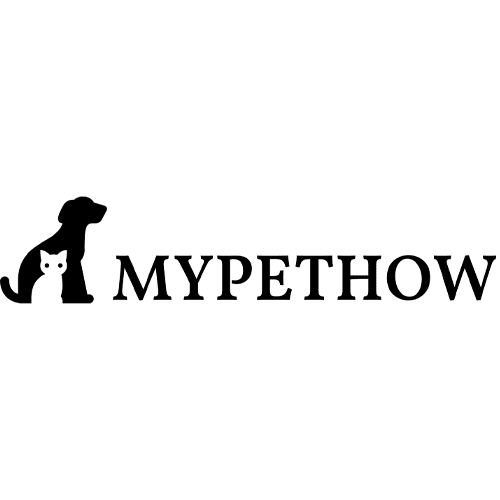Security is a top priority for many homeowners, and a security dog can be an excellent addition to any home security system. Security dogs are trained to protect their owners and their property from intruders, and they can be an effective deterrent against burglars and other criminals. In this article, we will explore the top 10 best security dogs and provide some tips on how to choose the right one for your home.
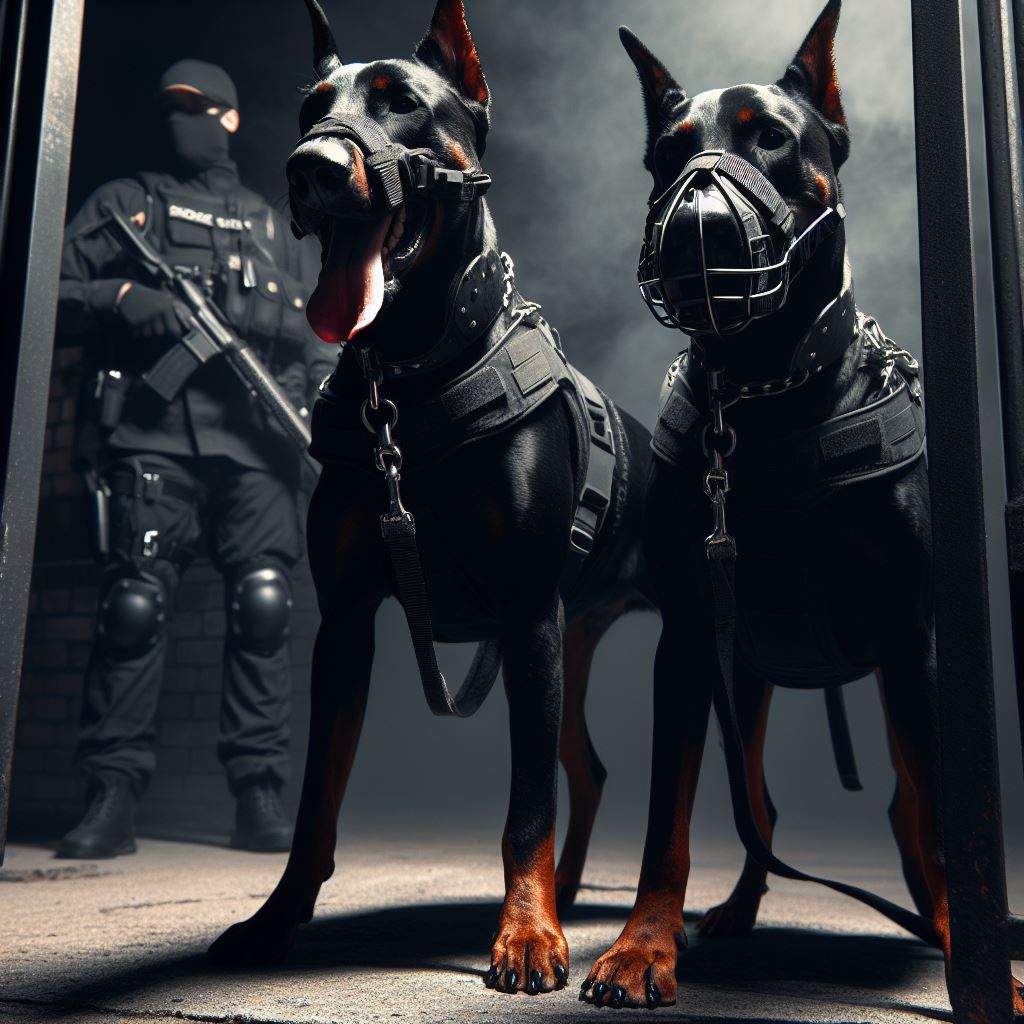
Understanding Security Dogs Security dogs are specially trained dogs that are used to protect people and property. They are trained to detect and respond to potential threats, and they are often used by law enforcement agencies, the military, and private security companies. Security dogs can be trained to perform a variety of tasks, including tracking, search and rescue, and apprehension.
Characteristics of a Good Security Dog A good security dog should be intelligent, loyal, and protective. They should be able to quickly identify potential threats and respond appropriately, whether that means barking to alert their owners, chasing intruders away, or physically restraining them. Security dogs should also be well-trained and well-socialized, so they can be trusted to behave appropriately in a variety of situations.
Key Takeaways
- Security dogs are specially trained dogs that are used to protect people and property.
- A good security dog should be intelligent, loyal, and protective.
- When choosing a security dog, it’s important to consider factors such as breed, temperament, and training requirements.
Understanding Security Dogs
Security dogs are a specific type of dog that has been bred and trained to protect property, people, and other animals. These dogs are often used by law enforcement agencies, security companies, and individuals who want to ensure the safety of their homes and businesses.
Security dogs are typically larger breeds with a strong protective instinct. They are trained to detect and deter intruders by barking, growling, and even attacking if necessary. However, it is important to note that security dogs are not attack dogs. They are trained to use force only as a last resort and under the command of their handler.
One of the key factors in selecting a security dog is their temperament. These dogs must be confident, fearless, and obedient. They must also be able to differentiate between a real threat and a non-threatening situation. For example, a security dog should not attack a mail carrier or a neighbor who is walking their dog.
Some of the most popular breeds for security work include the German Shepherd, Rottweiler, Doberman Pinscher, and Belgian Malinois. These breeds are known for their intelligence, loyalty, and protective nature. However, it is important to note that not all dogs of these breeds are suitable for security work. Each dog must be evaluated on an individual basis to determine if they have the temperament and training necessary for this type of work.
In addition to their natural abilities, security dogs are also trained in specific skills such as searching for explosives or narcotics, tracking suspects, and apprehending criminals. These skills are developed through rigorous training programs that can take several months to complete.
Characteristics of a Good Security Dog
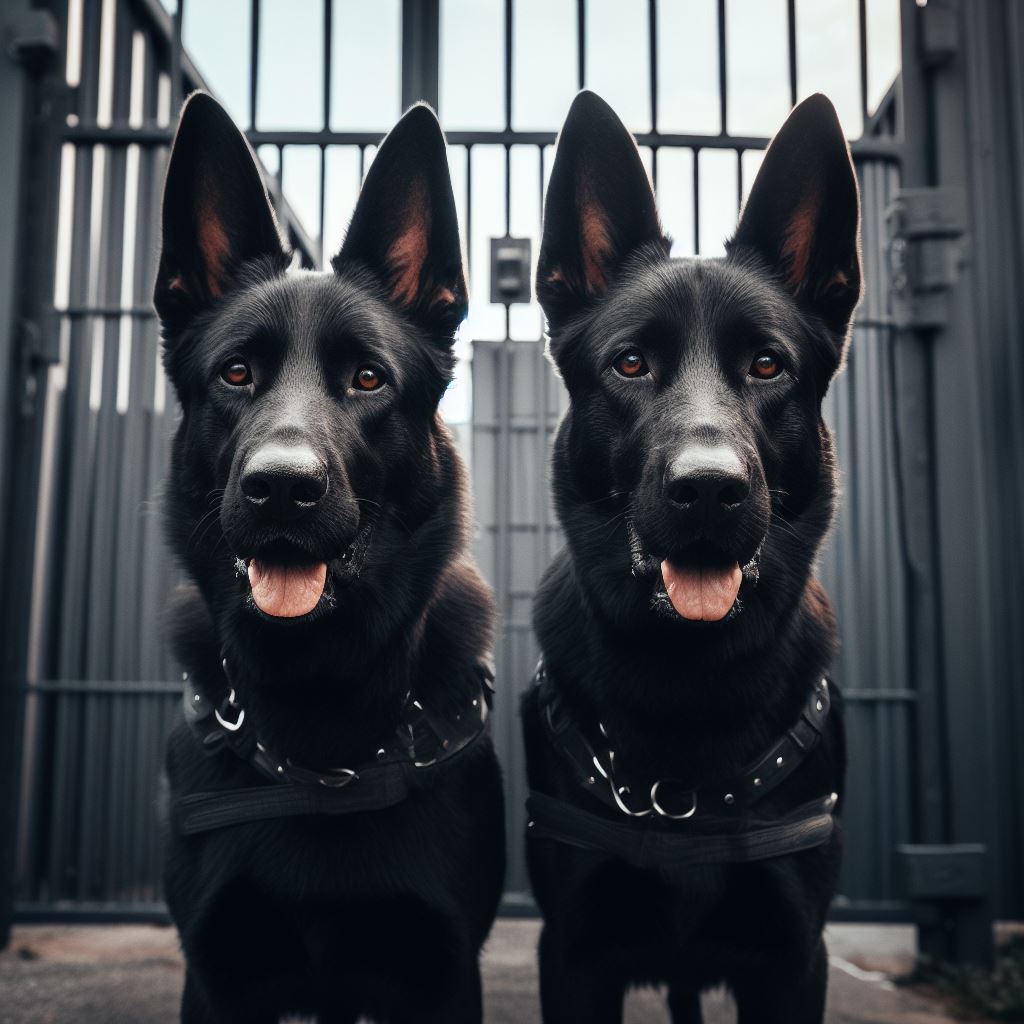
When it comes to choosing a security dog, there are certain characteristics that are essential. Here are a few key traits to look for:
Intelligence
Intelligence is a crucial trait for a good security dog. A smart dog can be trained to perform a variety of tasks, from guarding a property to detecting intruders. Breeds like German Shepherds and Belgian Malinois are known for their intelligence and are often used as police and military dogs.
Loyalty
A good security dog should be loyal to its owner and protective of its territory. A loyal dog will be more willing to defend its owner and property, even in dangerous situations. Breeds like Rottweilers and Doberman Pinschers are known for their loyalty and protective instincts.
Size and Strength
A good security dog should be physically imposing and have the strength to take down an intruder if necessary. Large breeds like Great Danes and Mastiffs are often used as guard dogs due to their size and strength.
Trainability
A good security dog should be easy to train and willing to follow commands. A well-trained dog can be a valuable asset in protecting a property and deterring intruders. Breeds like Labrador Retrievers and Golden Retrievers are known for their trainability and are often used as detection dogs.
Temperament
A good security dog should have a stable temperament and be able to remain calm in stressful situations. A dog that is easily agitated or prone to aggression may not be suitable for security work. Breeds like Boxers and Bulldogs are known for their calm and stable temperaments.
In summary, a good security dog should be intelligent, loyal, physically imposing, easy to train, and have a stable temperament. By looking for these key traits, you can choose a dog that will be an effective and reliable security companion.
Training Requirements for Security Dogs
Security dogs require extensive training to be effective in their role. The training process involves teaching the dog to identify and react appropriately to potential threats. This involves obedience training, socialization, and specialized training in protection work.
Obedience training is the foundation of all security dog training. The dog must learn basic commands such as sit, stay, come, and heel. This training is essential for the dog to be able to work effectively with its handler and follow commands quickly and reliably.
Socialization training is also important. The dog must be exposed to a variety of people, animals, and situations to prevent aggression towards non-threatening individuals or objects. Socialization helps to build a dog’s confidence and reduces the risk of fear-based aggression.
Specialized training in protection work is the most important aspect of security dog training. This training involves teaching the dog to identify and react appropriately to potential threats. The dog must learn to bark on command, bite on command, and release on command. The dog must also learn to differentiate between actual threats and innocent situations.
The length of time required for security dog training varies depending on the dog’s breed, temperament, and previous training. Some breeds, such as German Shepherds and Belgian Malinois, are well-suited for security work and may require less training than other breeds.
It is important to note that security dog training should only be performed by experienced professionals. Improper training can lead to aggressive behavior and legal issues for the handler and owner. Therefore, it is recommended to seek out reputable and experienced trainers for security dog training.
Top 10 Security Dogs
When it comes to security, having a well-trained dog can be an effective way to deter intruders and protect your property. Here are the top 10 security dogs:

German Shepherd
The German Shepherd is a popular breed for security work due to its intelligence, loyalty, and courage. They are often used as police dogs, military dogs, and search and rescue dogs. German Shepherds are highly trainable and can be taught to perform a wide variety of tasks, including tracking, obedience, and protection work.
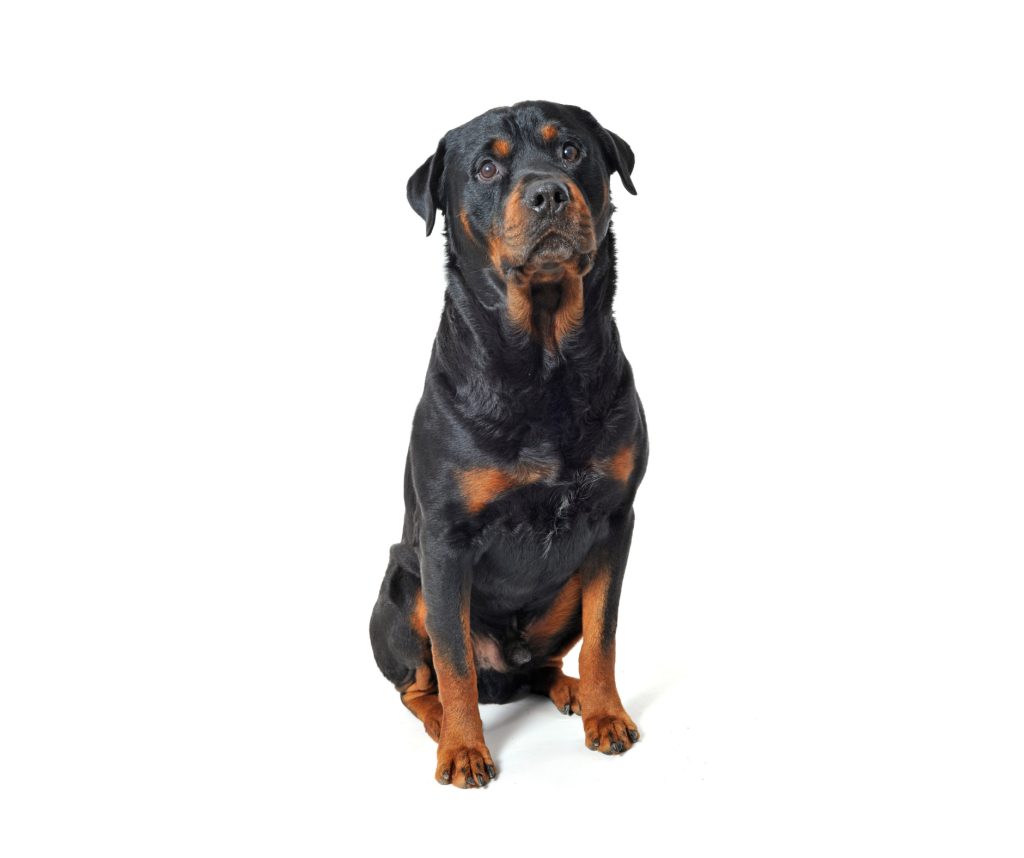
Rottweiler
Rottweilers are another popular breed for security work. They are known for their strength, loyalty, and protective instincts. Rottweilers are often used as guard dogs, police dogs, and military dogs. They require early socialization and training to prevent aggressive behavior.
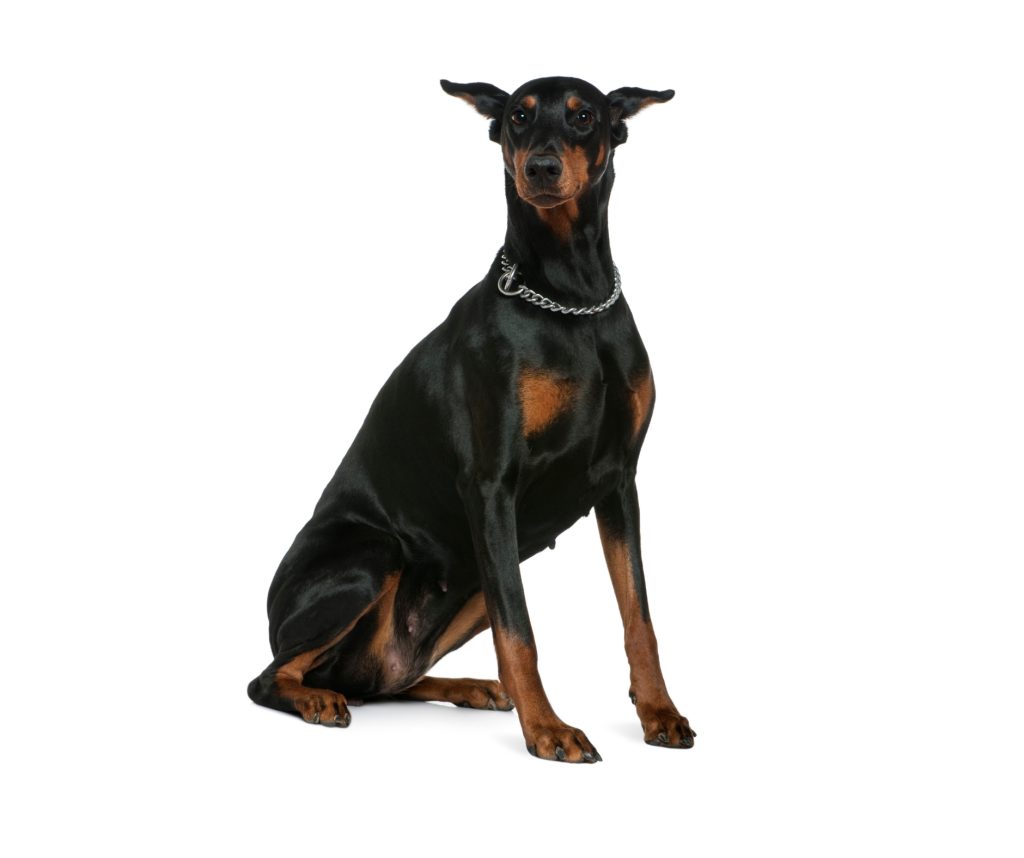
Doberman Pinscher
The Doberman Pinscher is a highly intelligent and loyal breed that is often used for security work. They are known for their speed, agility, and protective instincts. Dobermans require early socialization and training to prevent aggressive behavior.
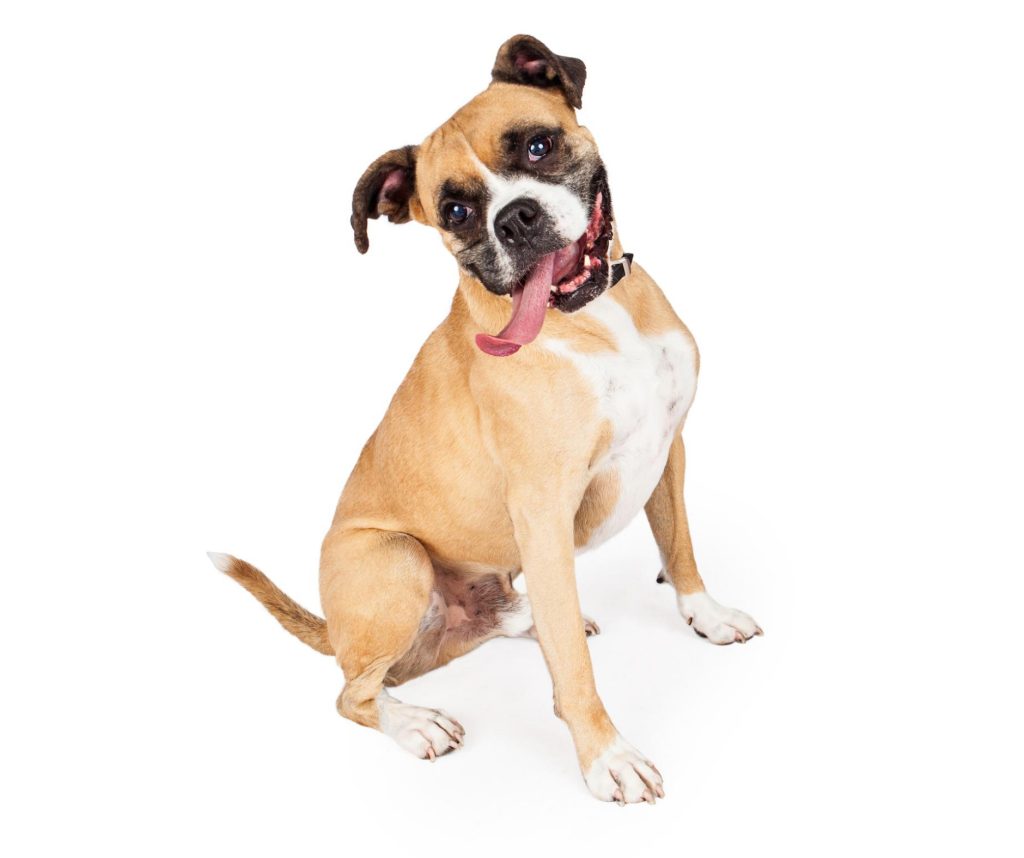
Boxer
Boxers are a strong and athletic breed that is often used for security work. They are known for their loyalty, courage, and protective instincts. Boxers require early socialization and training to prevent aggressive behavior.

Belgian Malinois
The Belgian Malinois is a highly intelligent and athletic breed that is often used for security work. They are known for their agility, search and rescue abilities, and trainability. Belgian Malinois require early socialization and training to prevent aggressive behavior.
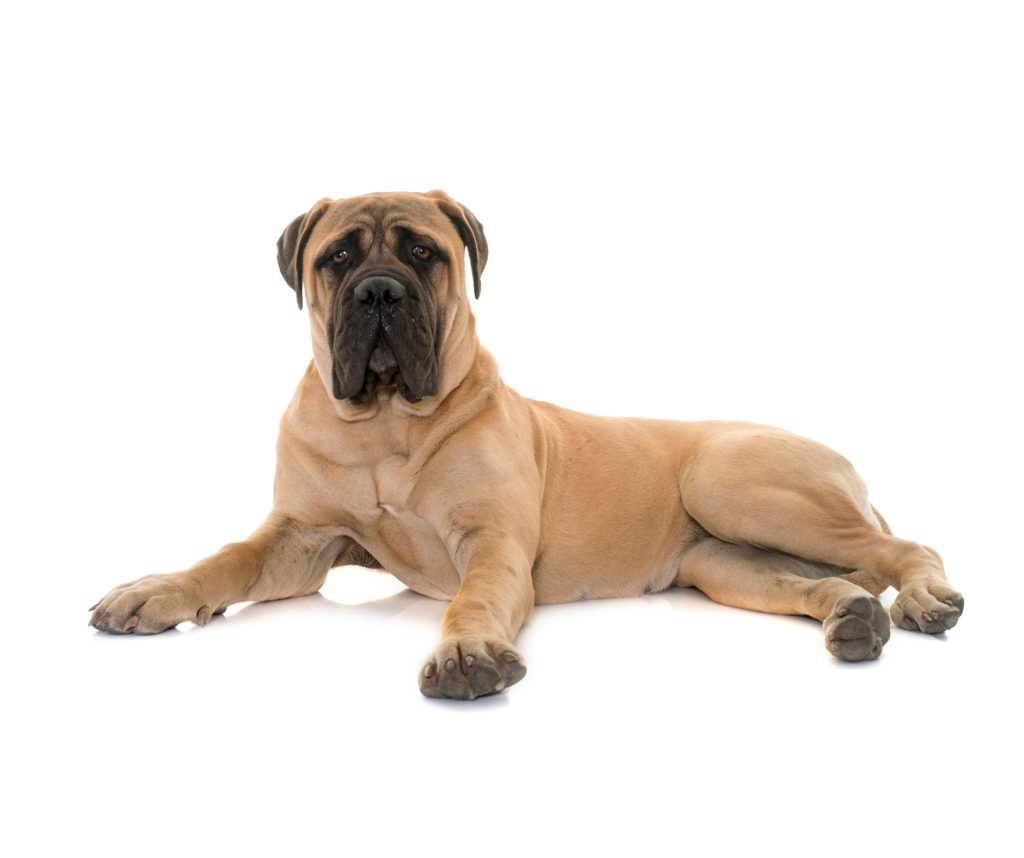
Bullmastiff
The Bullmastiff is a large and powerful breed that is often used for security work. They are known for their loyalty, courage, and protective instincts. Bullmastiffs require early socialization and training to prevent aggressive behavior.
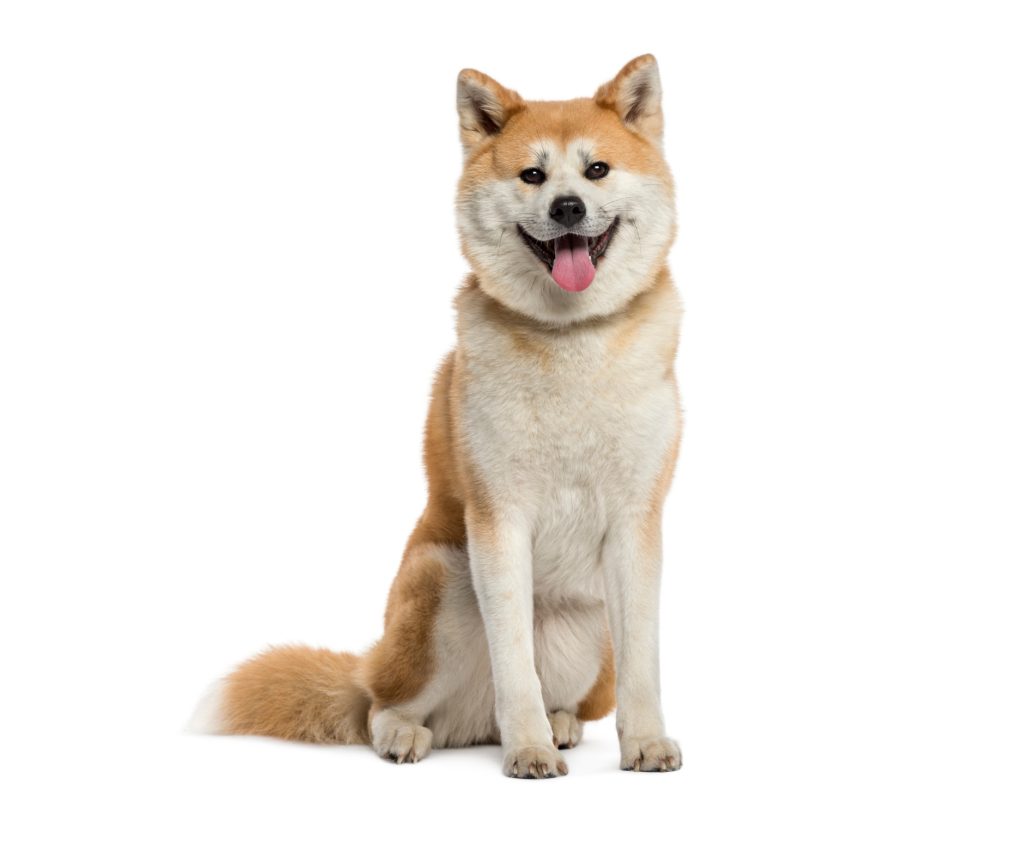
Akita
The Akita is a strong and independent breed that is often used for security work. They are known for their loyalty, courage, and protective instincts. Akitas require early socialization and training to prevent aggressive behavior.
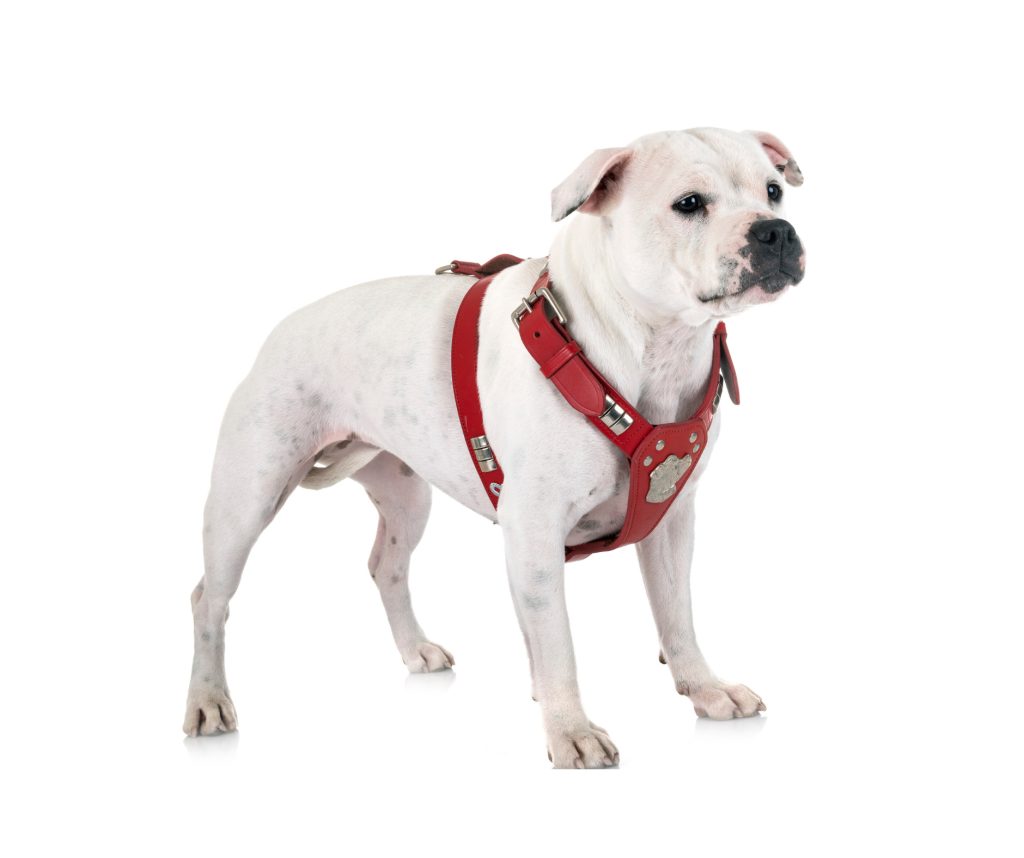
Staffordshire Bull Terrier
The Staffordshire Bull Terrier is a strong and muscular breed that is often used for security work. They are known for their loyalty, courage, and protective instincts. Staffordshire Bull Terriers require early socialization and training to prevent aggressive behavior.
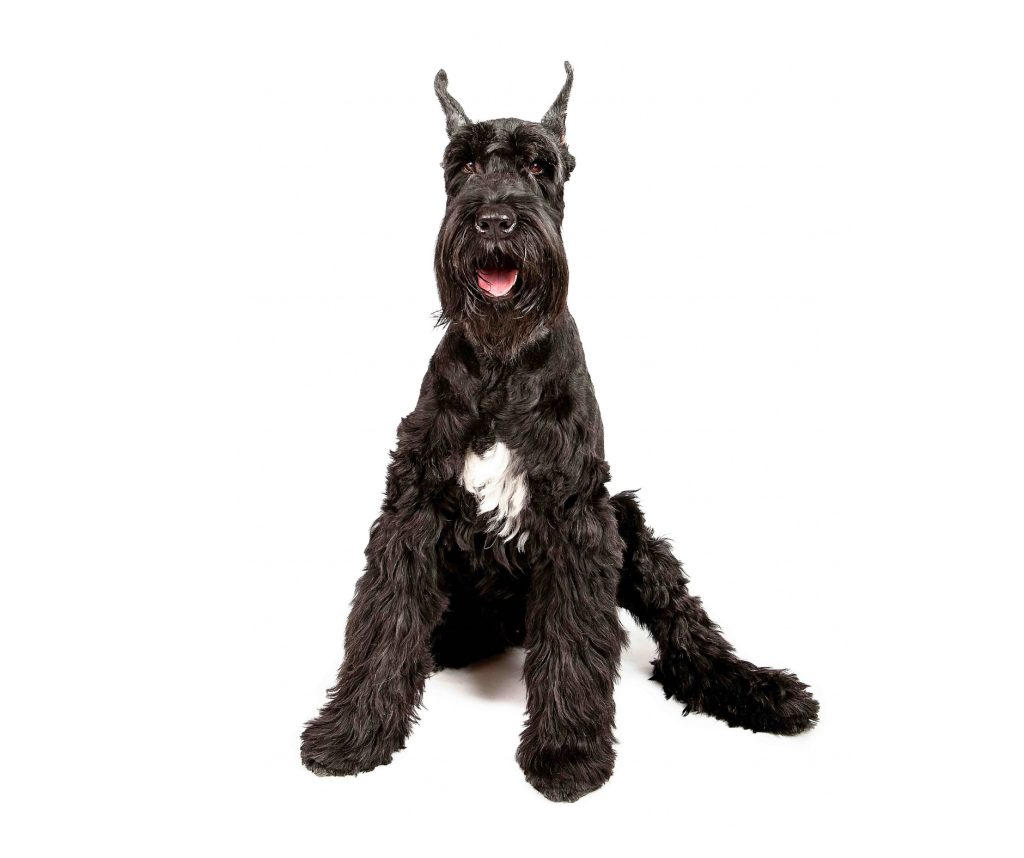
Giant Schnauzer
The Giant Schnauzer is a large and powerful breed that is often used for security work. They are known for their loyalty, courage, and protective instincts. Giant Schnauzers require early socialization and training to prevent aggressive behavior.
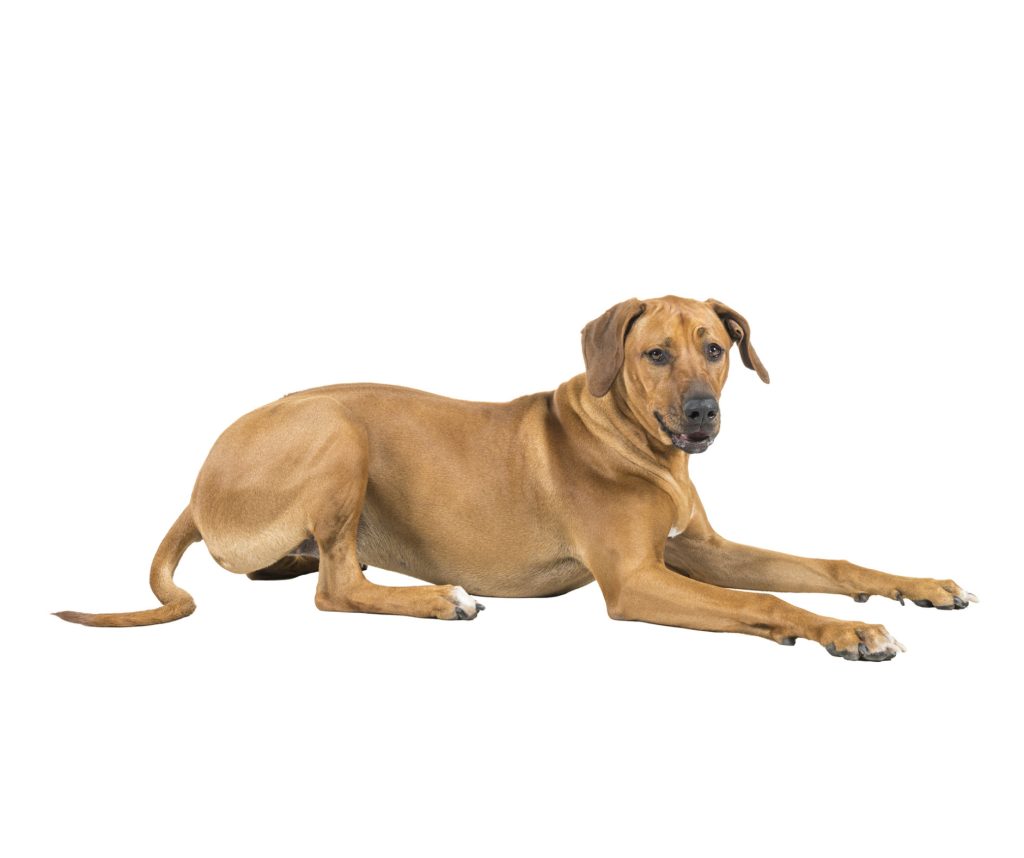
Rhodesian Ridgeback
The Rhodesian Ridgeback is a strong and athletic breed that is often used for security work. They are known for their loyalty, courage, and protective instincts. Rhodesian Ridgebacks require early socialization and training to prevent aggressive behavior.
Caring for Your Security Dog
Owning a security dog comes with a big responsibility. These dogs are trained to protect their owners and their property, and require proper care and attention to ensure they are healthy and happy.
Exercise and Training
Security dogs are typically high-energy breeds that require plenty of exercise and mental stimulation. It is important to provide them with regular exercise and training to keep them in top physical and mental shape. This can include daily walks, runs, and playtime, as well as obedience training and socialization with other dogs and people.
Nutrition
Proper nutrition is essential for the health and well-being of your security dog. It is important to provide them with a balanced and nutritious diet that meets their specific needs. This may include high-quality dog food, supplements, and treats. It is also important to monitor their weight and adjust their diet as needed to maintain a healthy weight.
Healthcare
Regular veterinary care is important for the health of your security dog. This includes routine check-ups, vaccinations, and preventative care such as flea and tick prevention. It is also important to be aware of any signs of illness or injury and seek veterinary care as needed.
Grooming
Grooming is an important part of caring for your security dog. This includes regular brushing, bathing, and nail trimming. It is also important to keep their ears clean and free of infection, and to check their teeth and gums regularly for signs of dental problems.
By providing your security dog with proper care and attention, you can ensure that they are healthy, happy, and ready to protect you and your property.
Choosing the Right Security Dog for Your Home
When it comes to choosing the right security dog for your home, there are several factors to consider. Here are some tips to help you make the best decision:
1. Consider the Size of Your Home
The size of your home is an important factor to consider when choosing a security dog. Large dogs like German Shepherds and Rottweilers need plenty of space to move around and exercise. Smaller dogs like Chihuahuas and Miniature Pinschers are better suited for smaller homes or apartments.
2. Look for Breeds with Protective Instincts
Some dog breeds are naturally protective of their owners and make great security dogs. Breeds like German Shepherds, Doberman Pinschers, and Rottweilers are known for their protective instincts and loyalty to their owners.
3. Consider the Dog’s Temperament
It’s important to choose a dog with a temperament that matches your lifestyle. Some breeds like Labrador Retrievers and Golden Retrievers are friendly and outgoing, while others like Akitas and Chow Chows can be more reserved and independent.
4. Think About Training
Training is essential for any security dog. Look for breeds that are easy to train and have a strong desire to please their owners. German Shepherds, Doberman Pinschers, and Belgian Malinois are all highly trainable and make great security dogs.
5. Consider Your Budget
Security dogs can be expensive to purchase and maintain. Some breeds require more grooming, exercise, and medical care than others. Make sure you can afford to provide your security dog with everything they need to be happy and healthy.
By considering these factors, you can choose the right security dog for your home and have peace of mind knowing that you and your family are protected.
Legal Considerations for Owning a Security Dog
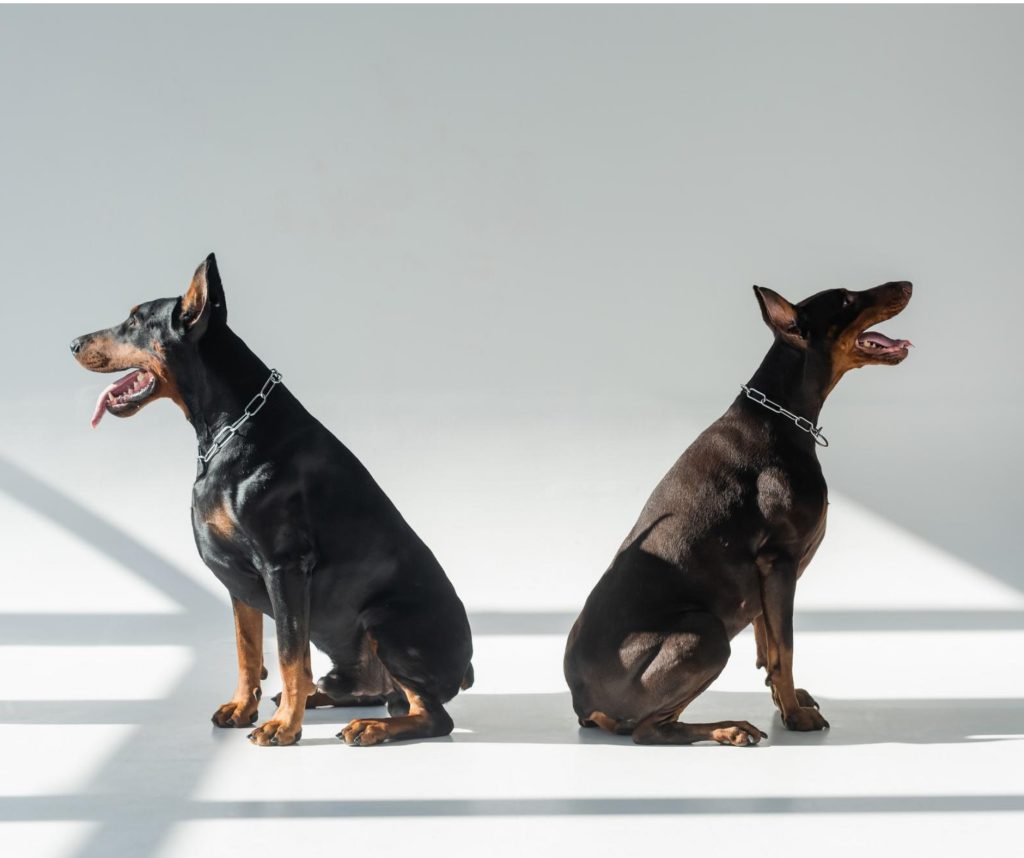
Owning a security dog comes with certain legal considerations that potential owners should be aware of. Here are a few things to keep in mind:
Liability
Security dogs are trained to protect their owners and property, which means they may be more likely to bite or attack someone they perceive as a threat. As a result, owners of security dogs may face increased liability if their dog injures someone.
In some cases, owners of security dogs may be held strictly liable for any injuries their dog causes, regardless of whether they were negligent or not. This means that owners may be responsible for paying damages even if they did everything they could to prevent their dog from causing harm.
Licensing and Registration
In many jurisdictions, security dogs are considered to be a specialized type of working dog, and may require a special license or registration. Owners may be required to provide proof of their dog’s training and certification, as well as proof of liability insurance.
Training and Certification
Owners of security dogs should ensure that their dog is properly trained and certified. This may involve working with a professional trainer or attending specialized training programs.
In addition, owners should be aware that some jurisdictions have specific requirements for the training and certification of security dogs. For example, some states require that security dogs be certified by a specific organization or have a certain amount of training hours.
Use of Force
Owners of security dogs should be aware of the laws governing the use of force. In general, security dogs should only be used to protect their owner and property, and should not be used to attack or intimidate others.
Owners should also be aware that the use of force by a security dog may be subject to legal scrutiny, and may be considered excessive or unjustified in certain circumstances. As a result, owners should be careful to use their security dog only in situations where it is necessary and appropriate.
Conclusion
In conclusion, there are a variety of dog breeds that are well-suited for providing security and protection. Each breed has its own unique set of strengths and characteristics that make them effective in different settings. It is important for potential owners to carefully consider their specific needs and lifestyle before selecting a breed.
Some of the most popular and effective security dog breeds include the German Shepherd, Rottweiler, Doberman Pinscher, and Belgian Malinois. These breeds are known for their loyalty, intelligence, and protective instincts, making them ideal for guarding homes, businesses, and other properties.
Other breeds, such as the Akita, Bullmastiff, and Tibetan Mastiff, are also highly effective at providing security. These breeds are known for their size and strength, as well as their natural instincts to protect their families and territories.
Ultimately, the best security dog for any given situation will depend on a variety of factors, including the owner’s specific needs and preferences, the dog’s temperament and training, and the environment in which the dog will be living and working. By doing their research and carefully considering their options, potential owners can find the perfect security dog to meet their needs and provide them with peace of mind.
Frequently Asked Questions
What are the top 10 guard dog breeds for families?
When it comes to choosing a guard dog breed for families, there are many factors to consider, including the dog’s temperament, size, and energy level. Some of the best guard dog breeds for families include the German Shepherd, Boxer, Doberman Pinscher, Rottweiler, Bullmastiff, Great Dane, Akita, Rhodesian Ridgeback, Giant Schnauzer, and Belgian Malinois.
Which guard dog breeds are hypoallergenic?
Unfortunately, there are no hypoallergenic guard dog breeds. All dogs produce dander, saliva, and urine, which can trigger an allergic reaction in some people. However, some breeds shed less than others, which may make them more tolerable for people with allergies. Some of the guard dog breeds that shed less include the Portuguese Water Dog, Standard Schnauzer, and Bedlington Terrier.
What are the most loyal and protective dog breeds?
Many guard dog breeds are known for their loyalty and protective instincts. Some of the most loyal and protective dog breeds include the German Shepherd, Rottweiler, Doberman Pinscher, Boxer, Akita, Bullmastiff, Great Dane, Rhodesian Ridgeback, Giant Schnauzer, and Belgian Malinois.
What are the easiest guard dog breeds to train?
Some guard dog breeds are easier to train than others. Breeds that are intelligent and eager to please are typically easier to train. Some of the easiest guard dog breeds to train include the Labrador Retriever, Golden Retriever, German Shepherd, Boxer, Doberman Pinscher, and Rottweiler.
What are the top 10 guard dog breeds for first-time owners?
For first-time owners, it’s important to choose a guard dog breed that is easy to train and has a calm temperament. Some of the best guard dog breeds for first-time owners include the Boxer, Bullmastiff, Doberman Pinscher, Great Dane, Rhodesian Ridgeback, Standard Schnauzer, Giant Schnauzer, Belgian Malinois, German Shepherd, and Rottweiler.







































